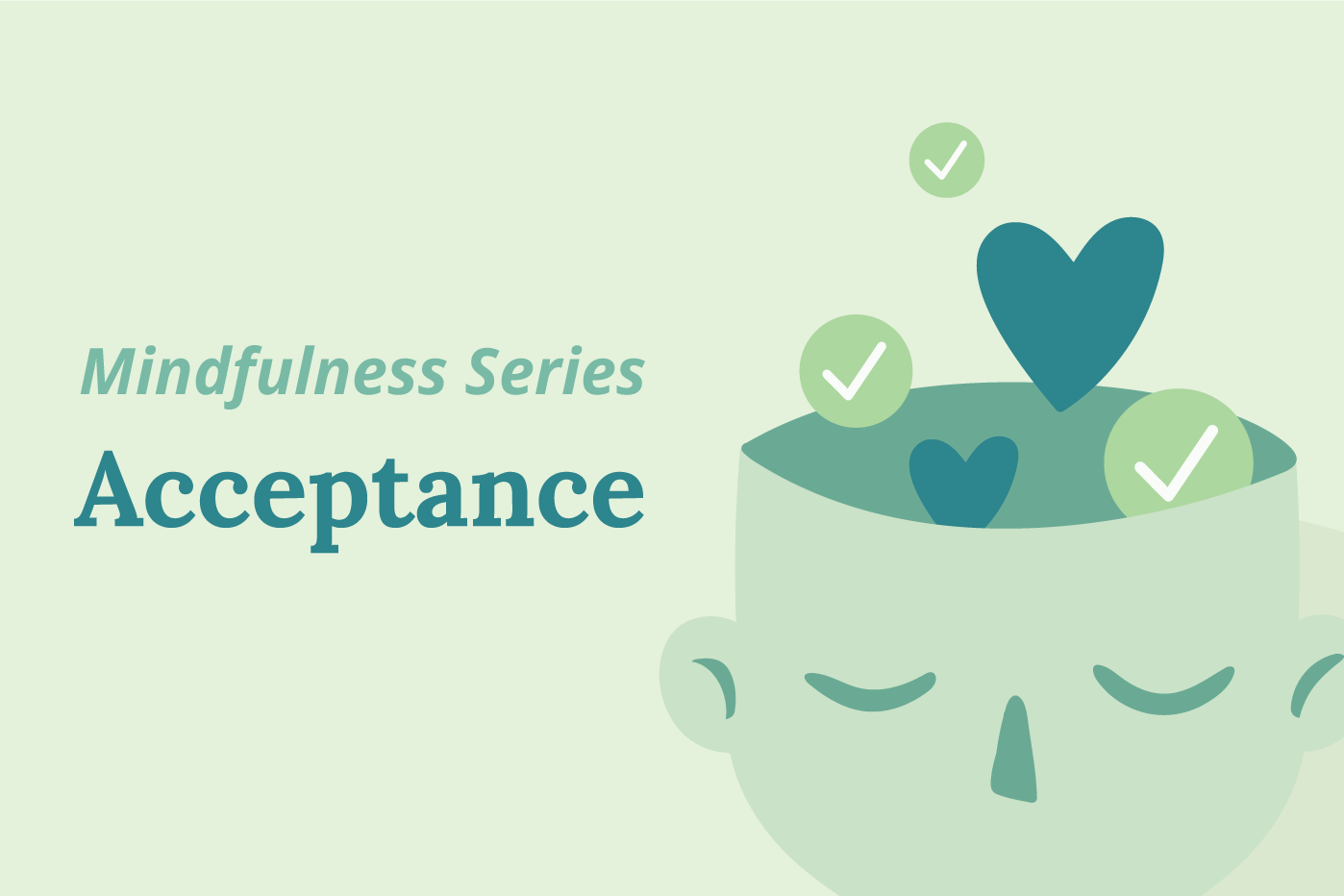Mindfulness: Acceptance – Difficult Situations Help Us Grow
A key element of mindfulness is seeing things as they are. Often, workforce members will have conversations with their leaders explaining a desire to feel less negative emotions at work. In a healthy and mindful workplace, the organization is prepared to help employees learn to accept that negative, distressful, or stressful feelings will exist in all aspects of life. To remain mindful, we must take that they live to cope. While a critical element of mindfulness, acceptance does not mean that we have chosen to let our negative emotions control us; it means simply that we have instructed our mind to be aware that the feeling exists but will take action to change the situation. By accepting the negative thoughts and taking action on them, we have turned a negative mindset into a constructive one.
The opposite of acceptance is denial. When members of a workforce exhibit denial, they are passively dismissing the feelings and burying them. The most frequent form of rejection responds to the common social question, “how are you doing?” When someone denies negative thoughts because they do not have the trust in others to accept them, they often say, “I’m fine.” In dismissing negative thoughts, one is establishing a pattern of internalizing conflict or grief and not allowing the mind to process those feelings to take action to change the situation that is causing them.
In a prior post, we discussed the relationship between trust and mistakes. For the organization to help its members work through unpleasant experiences, it must promote a culture that encourages acceptance. In order to practice acceptance, both the organization and its members must see things as they are and let them be (while, of course, working to change for the better). Perhaps no element of mindfulness is more beneficial to the workforce away from the job than acceptance. This is because negative thoughts and feelings come up in our personal lives all the time, and the better we can grow to accept them and take action to change them actively, the more enriched we will be in our social and family relationships.
A 2019 study published in the National Library of Medicine found that practicing acceptance helps reduce stress. During the study, participants attended an eight-week course where they were taught to pay attention to their present-moment experiences in an accepting, nonjudgmental way. These participants were compared to a control group who did not take any such course. Those who participated in the study experienced a dramatically reduced stress level than those who did not.
While it may seem evident that educating individuals on acceptance methods will impact those who did nothing at all, the 2019 study validates the use of awareness methods that can help employees practice different mindfulness methods. By encouraging your workforce to be more accepting of things as they are and teaching coping mechanisms for stress and other negative influences, it should follow that culture and morale at work will improve, as should the home lives of your workforce. The more we can categorize our experiences, remove judgment on the positive and negative, and see things as they are, the more clearly we should be able to think and operate daily.
Syntrio has developed a series of awareness products aimed at helping your workforce become more mindful. Syntrio believes these products will benefit the health of your organizational culture. We welcome the opportunity to discuss these products with you as you assist your employees in becoming more mindful of their work experiences and lives outside the organization.

